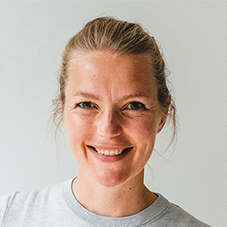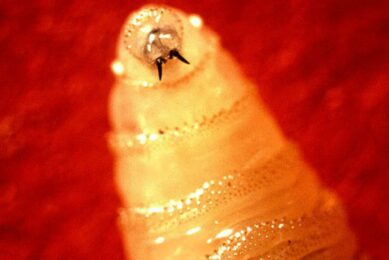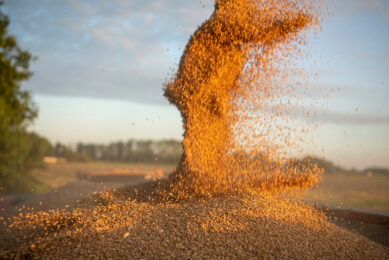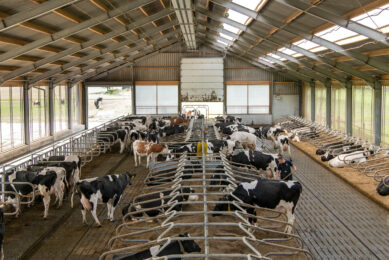E. coli O157:H7: Link with water troughs
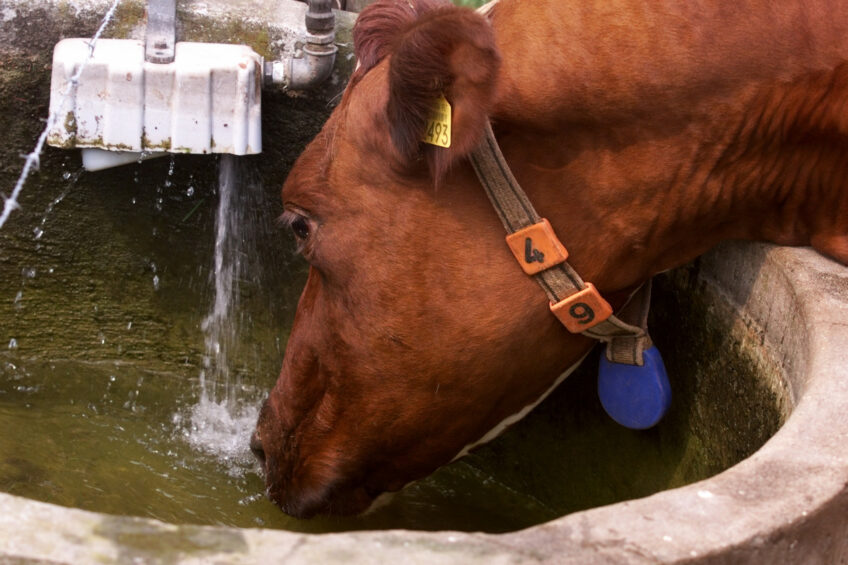
Water troughs on farms are a conduit for the spread of toxic E. coli in cattle. This is according to new research from US researchers.
The results of this study were published in the journal PLOS One.
Escherichia coli O157:H7 is the predominant serotype representing the Shiga-toxin producing E. coli group associated with human disease. A considerably large body of research efforts have been directed towards reducing faecal shedding of E. coli O157:H7 in cattle over recent years. In this study, a randomised controlled trial was conducted to assess the effect of reducing the level of water in automatically refilling water-troughs on faecal shedding of E. coli O157:H7 in feedlot cattle.
Experimental set up
Pens in a feedlot in the Texas Panhandle were randomly allocated as control (total number: 17) or intervention (total number: 18) pens. Faecal samples (2,759 in total) were collected both at baseline and 3 weeks after the intervention, and tested for the presence of E. coli O157:H7. There was a strong statistical association between sampling date and the likelihood of a faecal sample testing positive for E. coli O157:H7. Pen was also a strong predictor of faecal prevalence. Despite accounting for this high level of clustering, a statistically significant association between reduced water levels in the trough and increased prevalence of E. coli O157:H7 in the faeces was observed.
Increasing water levels
This is the first time that such an association has been reported, and suggests that increasing water-trough levels may be effective in reducing shedding of E. coli O157:H7 in cattle faeces, although further work would be needed to test this hypothesis. Controlling E. coli O157:H7 faecal shedding at the pre-harvest level may lead to a reduced burden of human foodborne illness attributed to this pathogen in beef.
Source: PLOS One
Join 13,000+ subscribers
Subscribe to our newsletter to stay updated about all the need-to-know content in the dairy sector, two times a week.


